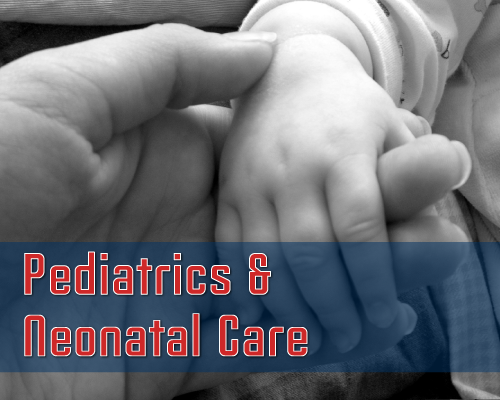Volume 1 Issue 1
Research Article: Gender Differences in Verbal Behaviour Style in Dyadic and Triadic Interviews in Family Medicine
Jose L. Turabian*
Objective: To describe the gender differences in verbal behaviour of physician-patient-companion (triadic consultations), and doctor-patient (dyadic consultations), and to assess the implications that these possible differences may have in clinical management and interpersonal relationship. This article is the third and last part, which completes the analysis of a study on verbal behaviour in the interview in family medicine, having previously published the data of gender differences without taking into account the presence of companions of the patient, and the comparison of female patients with and without companion.
Participants and methods: Secondary analysis of existing dataset coded to explore patient-clinician verbal communication during ambulatory visits in a family medicine office in a health Centre in Toledo (Spain) was carried out. A qualitative and quantitative study was performed by audio recording of the consultations and verbal content analysis of the interviews. A convenience sample was carried out. A suitable sample number was considered when saturation occurred. Once the qualitative study was completed, the results of the number of behaviours in the total of triadic and dyadic consultations were presented in a quantitative way (frequencies: N°, %). The bivariate comparisons were performed using the test of chi-square and exact probability Fischer.
Results: 10 unaccompanied consultations (dyadic consultations: physician-patient), and 10 consultations with companion (triadic consultations: physician-patient and companion) were included in the analysis. There were more verbal behaviours in female patients than in male patients [266 (65%) vs. 144 (35%)]. In the case of unaccompanied (dyad) female patients, there are less "Disagreeing" than in males patients (1% vs. 16%; p < .05). In the case of female patients with a companion (triads) there are fewer "Proposing" than in males patients (4% vs. 13%; p < .05). In female companions there are more behaviours of "Seeking Information" than in male companions (20% vs. 4%; p < .05). In the triadic consultations with female patients vs. dyadic consultations with female patients, there are no statistically significant differences. In the triadic consultations of male patients vs. dyadic consultations with male patients, there are more verbal behaviours of "Proposing"(13% vs. 3%, p < .05) and fewer of "Disagreement" (2% vs. 16%, p < .05).
Conclusions: In the clinical interview in family medicine, the presence of women in the dyadic or triadic consultation, or as a companion of the patient, offers a better verbal behaviours profile vs. male consultation or male companion, to achieve a good consultation. Triads' consultations with male patients have a better profile of verbal behaviours those dyads with male patients..
Cite this Article: Turabian JL. Gender Differences in Verbal Behaviour Style in Dyadic and Triadic Interviews in Family Medicine. Sci JWomens Health Care. 2017;1(1): 001-007.
Published: 22 September 2017
Authors submit all Proposals and manuscripts via Electronic Form!




























